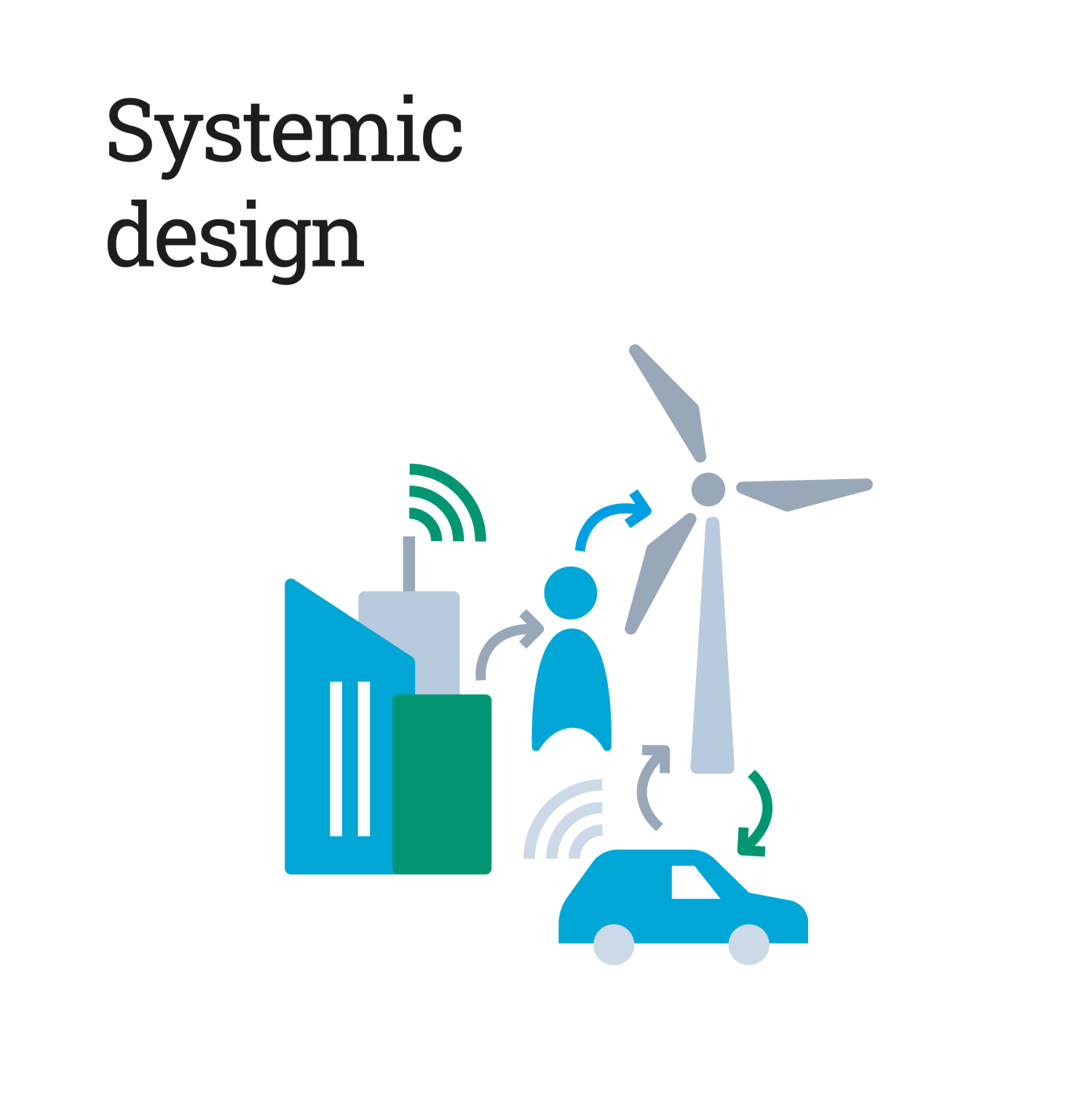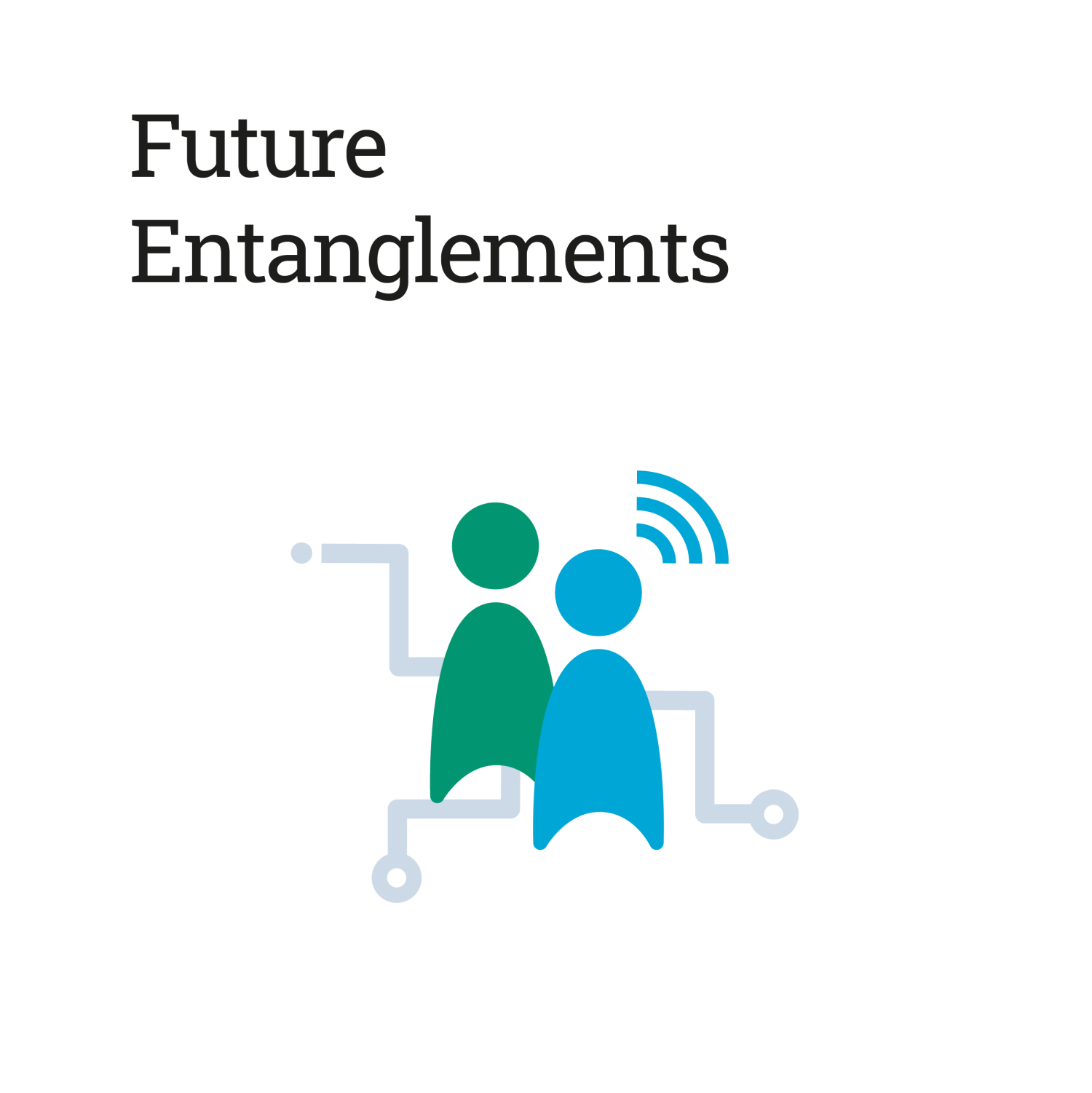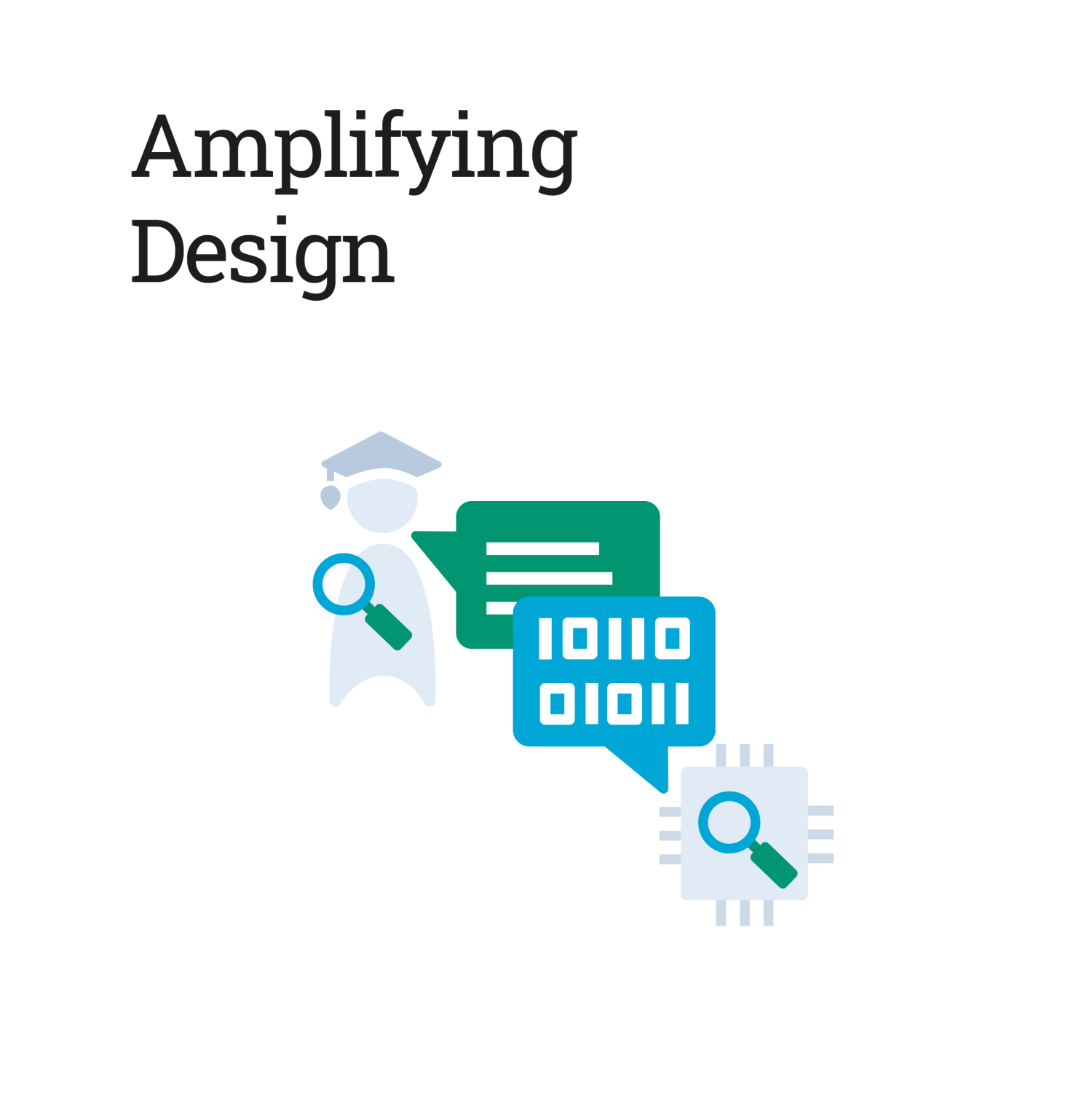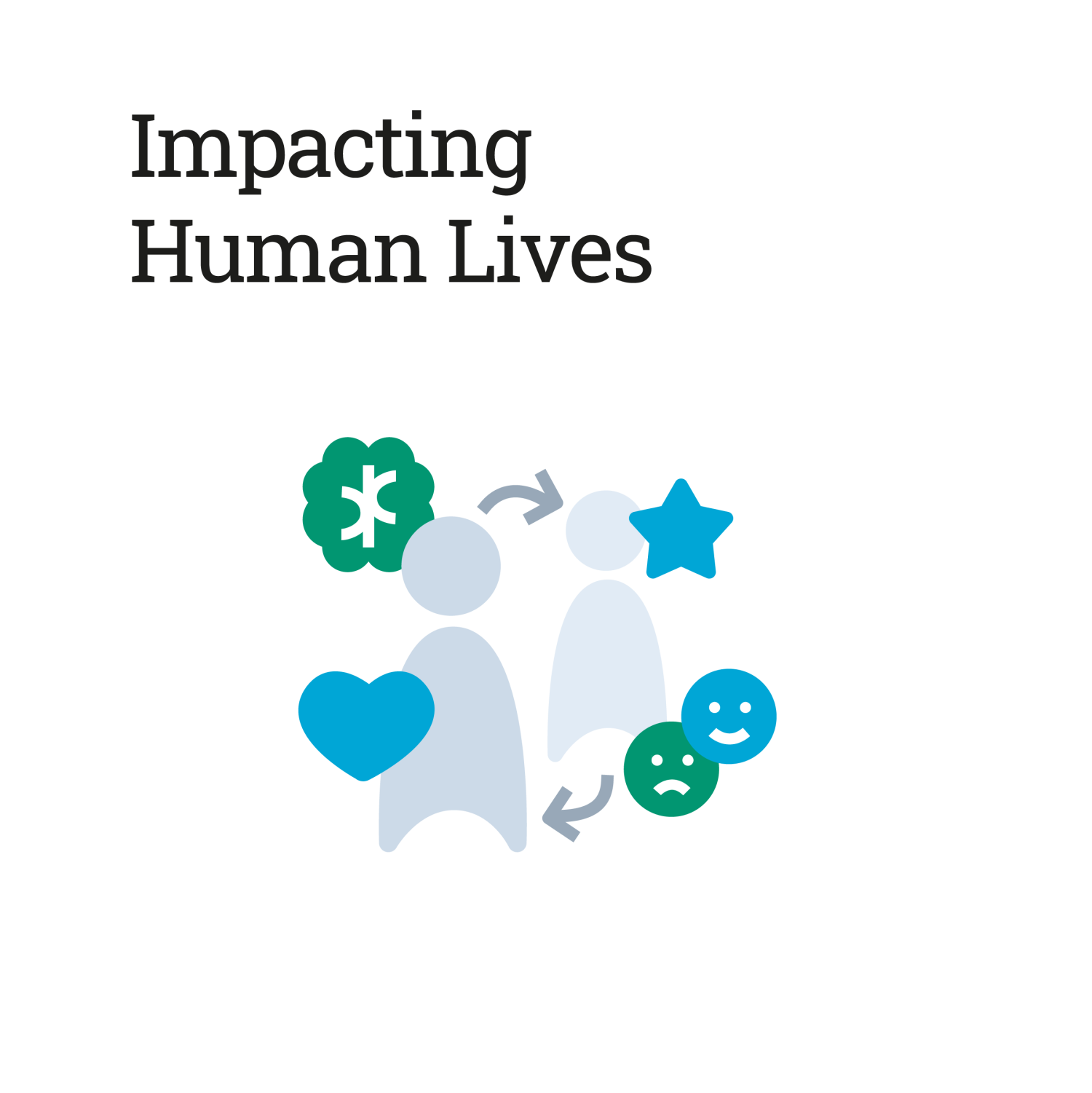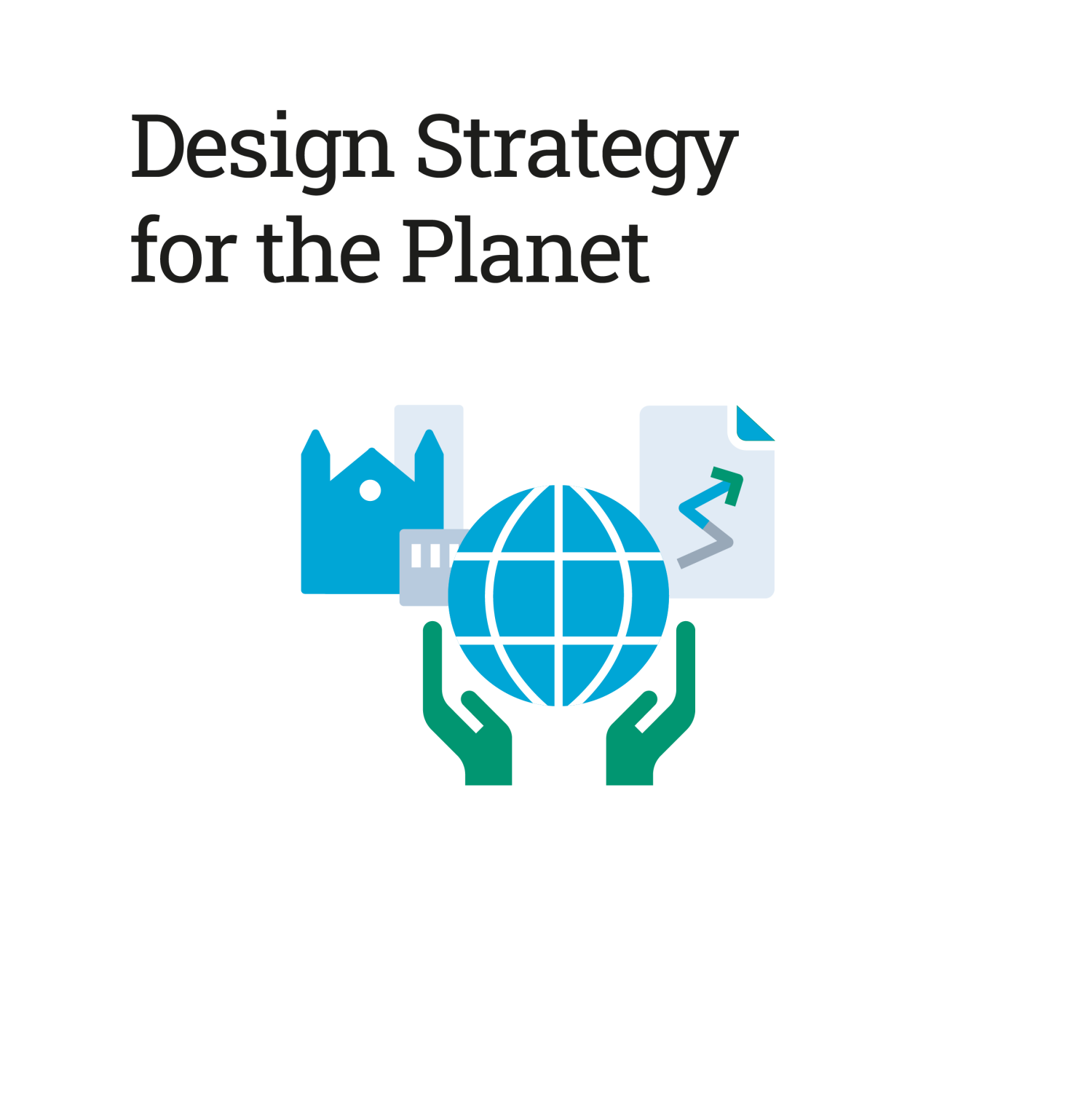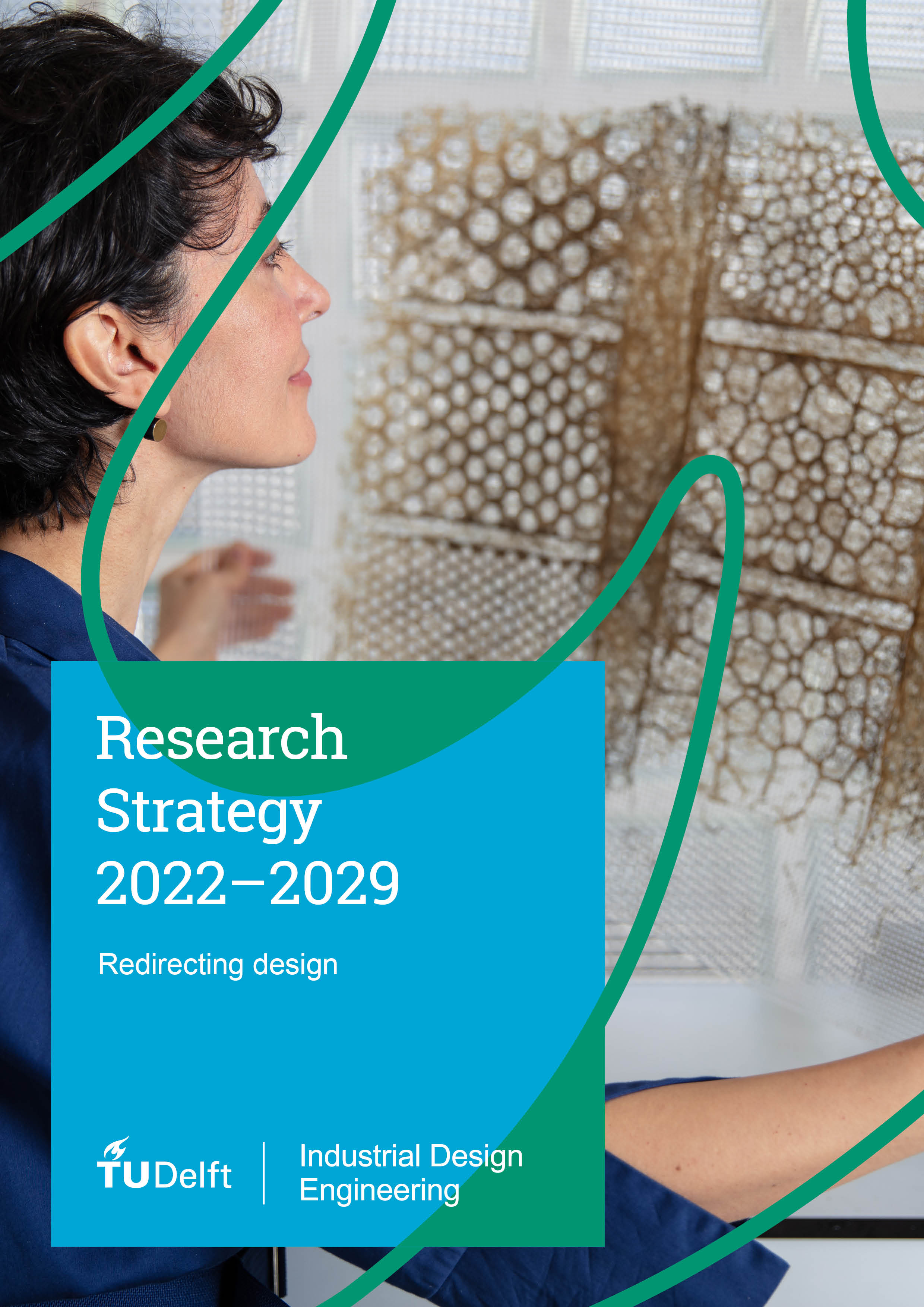Delft designers are embarking on a mission to redirect design.
Read on to find out about our plans and how you might join us on this journey.
Strategy 2022 - 2029 | Redirecting design
Over the last 50 years, research at the TU Delft | Faculty of Industrial Design Engineering (IDE) has played a leading role in shaping our understanding of the value of design for society. Situated within one of the premier research universities in Europe, IDE is widely recognised for its contributions to design theory and methodologies, and for its far-reaching impact on design practice. With over 350 researchers, we work across a diverse set of disciplines, from psychology and organisational science to artificial intelligence. Through our research we equip design education and practice with the knowledge and tools to design innovative and sustainable solutions that are evidence-based.
Today we recognise the increasing scale and urgency of societal challenges, from global health to sustainability. We understand the need for fundamental transformations on human and global levels, and we see the vast array of technological opportunities. We believe that design has a key part to play in this. As design researchers and practitioners, our challenge will be to shape human, organisational and technical capabilities empowering society to pave the way towards a sustainable future. Yet we recognise that tackling societal transitions at scale will require a fundamental re-orientation of both the design process and its outcome. We need to steer design towards the long-term impact on human well-being and the quality of our society in domains such as health and well-being, sustainable mobility, liveable cities, safety, food, circular economy and education.
Lost in Transitions
How are designers of today responding to the societal transitions and the continuous process of change that defines them? Watch this film:
Camera / audio / editing: Marica De Michele Music: Gijs Brink Production assistance: Laura Papke
Therefore, the research mission of TU Delft | Faculty of Industrial Design Engineering (IDE) reads:
IDE researchers lead in the development of knowledge and methods that enable and foster design practice to play an effective and distinctive role in social and sustainable transitions.
We enable design practice to shape societal transitions and take the lead in transdisciplinary teams by synthesising the diverse interests of all relevant actors. We achieve these ambitions by delving deeply into design practice and repurposing it for the challenges ahead. Specifically, we are tackling theoretical and practical research challenges in five strategic research areas:
1: Systemic design
How can designers deal with and contribute to system issues?
When dealing with societal transitions, designers need to take a long-term and system perspective. In this area we study how designers and organisations can deal with the fact that people and designed artefacts exist and operate in an environment where things are interconnected and that they shape and are shaped by system complexity and dynamics.
Get a taste of our work in this area by reading this story on designing for mental health and exploring this Delft Design Lab.
2: Future entanglements
How can we shape human-agent-biomaterials relations?
New technologies such as AI, robotics, and biomaterials are transforming the nature of technological artefacts from being passive and reactive to active, life-like, forever learning and adapting. The way these new technologies shape societal transitions is strongly influenced by the relationships and partnerships between humans and artificial agents. In this area we study how to shape relationships between, and partnerships of, humans and artificial agents.
Find out about some of our current investigations in this area by reading about this project to develop new data-driven interventions for mental health and this Delft Design Lab.
3: Amplifying design
How can we create hybrid design intelligence?
Global challenges exceed the cognitive, analytical and creative powers of any individual and can only be tackled by tapping into the collective wisdom and imagination of society as a whole. At the same time, advances in digital technologies and artificial intelligence create opportunities to fundamentally rethink the nature of design tools. In this area we examine how to combine the creative and analytical powers of humans and machines to address design challenges that neither humans nor machines can tackle alone.
How are we starting to tackle this research challenge? Take a look at our Delft AI Labs focused on Design at Scale and Designing Intelligence.
4: Impacting human lives
How can we affect human behaviour and values?
Societal transitions are very often accompanied by desired (often radical) changes in people’s lifestyles, their motivation, behaviour, attitudes and values. In this area we study the trajectories along which designers can affect and impact human lives and consider the ethical, strategic and methodological implications.
For an insight into current work in this area, explore our collaboration with the four Dutch technical universities (the 4TU) on chronic disease prevention and find out about this Delft Design Lab.
5: Design strategy for the Planet
How can we design strategies for a sustainable society?
Societal challenges are often characterised by tensions between economic interests, and social and environmental values. In this area we explore strategic approaches for integrating planetary thinking in the design process and investigate alternatives for organising economic and societal processes.
What projects do we already have underway in this area? Examples range from this collaboration which aims to increase the planting of trees in our cities to design research for the energy transition.
Within these five strategic research areas, we aim for contributions on three levels:

Theoretical and conceptual knowledge about how design contributes to social and sustainable transitions.
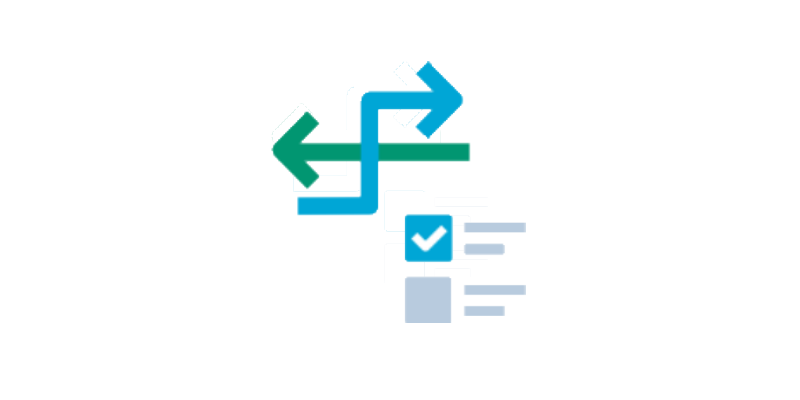
Design methods (Key Enabling Methodologies) that enable design practice to play an effective, distinctive and measurable role in these transitions.

Research-informed design outcomes – namely prototypes, technologies, artefacts and systems with societal impact.
Design research talent wanted!
Do you have research experience? Are you interested in one or more of these strategic research areas? Are you eager to help redirect design for future challenges and ready to take the lead? Apply for one of our research vacancies today.

